The body of evidence
来源:中国日报英文版
2022-08-01 08:49:08
Original Headlines:The body of evidence
Source:中国日报英文版
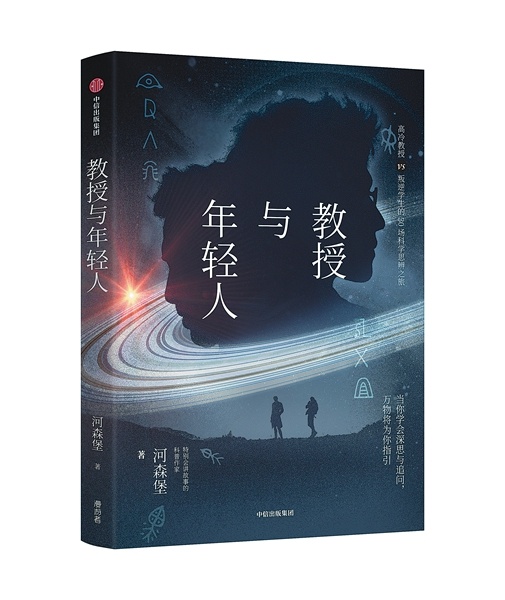
Author Yuan Shuo's new book sees him answer 30 questions raised by members of the public.[Photo provided to China Daily]
Writer tackles online questions from the general public with a confidence built upon deep examination of the issues, Yang Yang reports.
When Yuan Shuo, known online as Hesenbao, was a docent at the National Museum of China, there were questions that came up, at a particular point, repeatedly from visitors. The questions were posed at the display of the tortoise shells from the Shang Dynasty (c.16th century-11th century BC), upon which are inscribed the earliest form of Chinese characters. They were:"What's the point of studying those tortoise shells? How much money can you make from it?"
Yuan, 33, is now a well-known writer in the field of knowledge popularization, with 6.38 million followers on Chinese microblogging platform Weibo. Fascinated by all kinds of knowledge from a young age, he became a docent at the NMC more than 10 years ago after graduating from university, where he majored in computer science.
He observed that today, although people can easily get all kinds of information from the internet, they seem increasingly ignorant of what should be common knowledge.
People ask questions online such as: "Why should we read?""Why should we study advanced mathematics?" "Why is logic important?" And "why are the elderly valuable to human beings?"
"We all know that elderly people should be respected and cared for, but when the COVID-19 pandemic broke out, some people asked online, 'why not lift the lockdown for good? If the elderly people suffer, it would be natural selection'," Yuan says.
"I was very angry at those people, so I wrote an article refuting their ideas. But some people came to me, asking, 'we all know morals require us to respect elderly people, but what on earth is their use?' I thought, fine, since you ask, I will tell you why-not from an emotional perspective, but with anthropological evidence that shows how important elderly people are to the evolution and survival of the human species," he says.
In 2020, China realized its goal of eradicating extreme poverty. There were tens of thousands of articles and news reports online about this achievement. However, he found few of them could explain why poverty alleviation is so important.
"They usually listed statistics that compared the number of households in poverty before and after the campaign, or recounted one or two related stories, which could not convince me why poverty alleviation matters so much," he says.
"Then I wondered whether I could write an article, in which I won't talk about the spirit of, or policies concerning, poverty alleviation, but its importance as evidenced by findings in biology and animal behavior," he says.
Compared with values, feelings or spirit, a scientific perspective is more convincing because "there is an important principle about science-that scientific theories can guide practice when they are proved right on the premise that they can be falsified", he says.
"If you want to discuss a question, it's better to argue from a scientific perspective so that you will get a conclusion that (theoretically) could be falsified. A falsifiable conclusion can really convince people," he says.
From 2019 to May 2022, Yuan wrote 30 articles trying to answer these questions from scientific perspectives, which have been published recently as a book, Jiaoshou Yu Nianqingren (The Professor of Anthropology and His Student), by Citic Press.
The book consists of four parts-history and culture, nature and science, social life, and cognition and thinking-allowing readers to follow the 30 questions and think about society and history, the universe, ancient times and the philosophy of life.
From the importance of the tortoise shells with inscriptions of early Chinese characters and poverty alleviation to the value of elderly people and the meaning of the red color of China's national flag, Yuan makes his arguments in the style of a dialogue between an anthropologist and his student.
"It's not my invention. Actually a lot of great classics were created in the form of dialogue, such as The Analects of Confucius and The Republic. Comparatively, dialogues are easier to be accepted by readers because the reading process is like watching two people talking. It's a more objective point of view," he says.
Yuan acquired this objective point of view through studying computer science, which was not his first choice for university.
"Computer science trained me in rigorous scientific logic that draws a clear line between yes and no," he says.

Yuan, known as Hesenbao online, has a large following on Weibo.[Photo provided to China Daily]
Working at the NMC for 10 years has largely increased his knowledge in many respects, and improved his storytelling skills.
He got the opportunity to see precious cultural relics and materials, such as the gram of lunar soil gifted by former US president, Richard Nixon, to Chairman Mao Zedong in 1972, and attend lectures given by specialists. Some of the lectures were given by the archaeologists who unearthed the exhibits that lay in the showcases of the museum. They would share stories of the excavations.
"I have seen a lot of things inaccessible to the public and heard a lot of stories unknown to people," he says.
As he accumulated more knowledge and improved his guiding skills, Yuan became popular among audiences at the NMC.
"At the start, I would worry that there were so many in the audience that I would get nervous. Then I would be worried that there were too few in the audience because my tours were not interesting enough. Until one day, a security guard asked me to move faster because my audience were in the way," he says.
With rigorous scientific logic, rich knowledge and a skill in storytelling, Yuan's articles are easy to follow.
In the chapter of the book about the moon, he started with a conversation between the anthropologist and his student about why the moon is a good symbol to represent a lover's deep feelings as conveyed in a famous Chinese song. Then in the voice of the anthropologist, he talks about how the moon was formed billions of years ago, its interaction with the Earth and the consequences therein, ancient Chinese people's worship of the moon, its rich meaning in Chinese culture, and the recent Chinese lunar probe project.
"All the knowledge, such as the gram of lunar soil and a stone relief upon which appeared for the first time in Chinese history the images of rabbits pestling herbs, comes from exhibitions at the NMC. If you take a walk around the exhibitions, you can find some key points concerning the moon, and what you need to do is to fill some stories in between. That's how I wrote many articles in the book," Yuan says.
At the start of the book, the lead character, anthropology Professor Huang Bai from Lengshan (cold mountain) University, is confronted with a problem. The leaders of the university plan to cancel the specialty of anthropology due to a lack of students. Huang only has one student, Qin Zi, and at the end of the first school year, the leaders are set to evaluate Qin to decide whether they will keep the specialty.
"I created Huang as an anthropologist because I like anthropology a lot. My first book focuses on anthropology. What's more, anthropology is an inclusive discipline, so anthropologists know a lot of different things, ranging from a minority language in Africa to history, geology or paleontology," he says.
At the end of the book, although Qin has a very high opinion of Huang, he decides to leave the university for Africa because he can speak an African language that can help to save people there.
"As Qin Zi says, by feeling the beauty of nature and culture, and by understanding the diversity of the world, one can improve oneself to become a better person and bring about real happiness to society. That is the real meaning of anthropology," Yuan says.
"In the end, both the teacher and student stick to the ideal of anthropology."
想爆料?请登录《阳光连线》( http://minsheng.iqilu.com/)、拨打新闻热线0531-66601253,或登录齐鲁网官方微博(@齐鲁网)提供新闻线索。齐鲁网广告热线0531-66601253,诚邀合作伙伴。

Space odyssey
- Soaring as China's latest box-office champion, the sci-fi comedy Moon Man stars actor Shen Teng as a stranded astronaut in outer s...[详细]
- 中国日报网英文版 2022-08-01

像猴子、像小鸟、像千手观音……济南这场“热带雨林珍稀植物”摄影作品展不容错过!
- [详细]
- 齐鲁网 2022-07-31

打造全球算力产业生态和创新高地!中国算谷产业园、中国算谷科技园“双园”揭牌
- [详细]
- 齐鲁网 2022-07-31
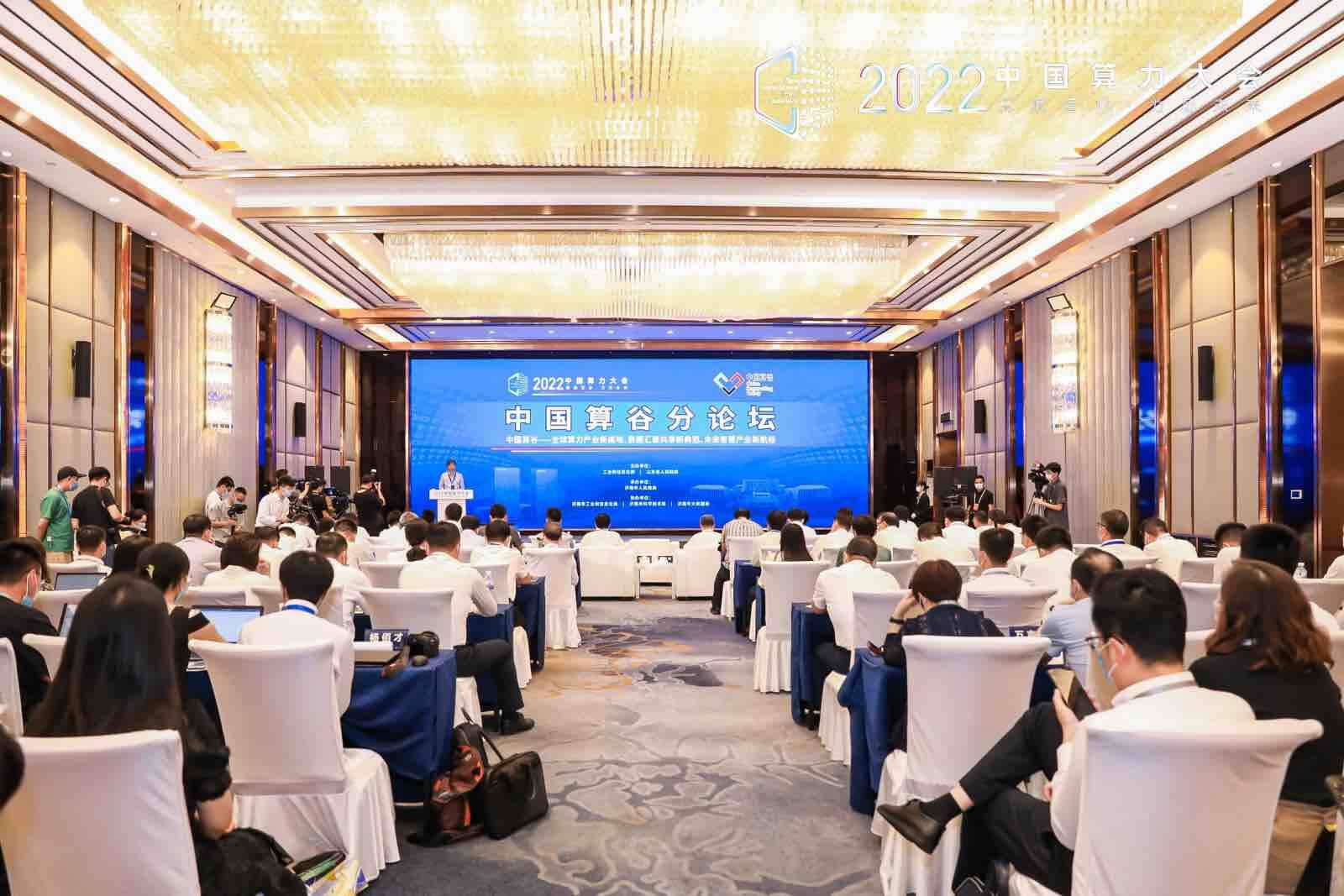
新高地 新典范 新航标!2022中国算力大会中国算谷分论坛在济南举行
- [详细]
- 齐鲁网 2022-07-31
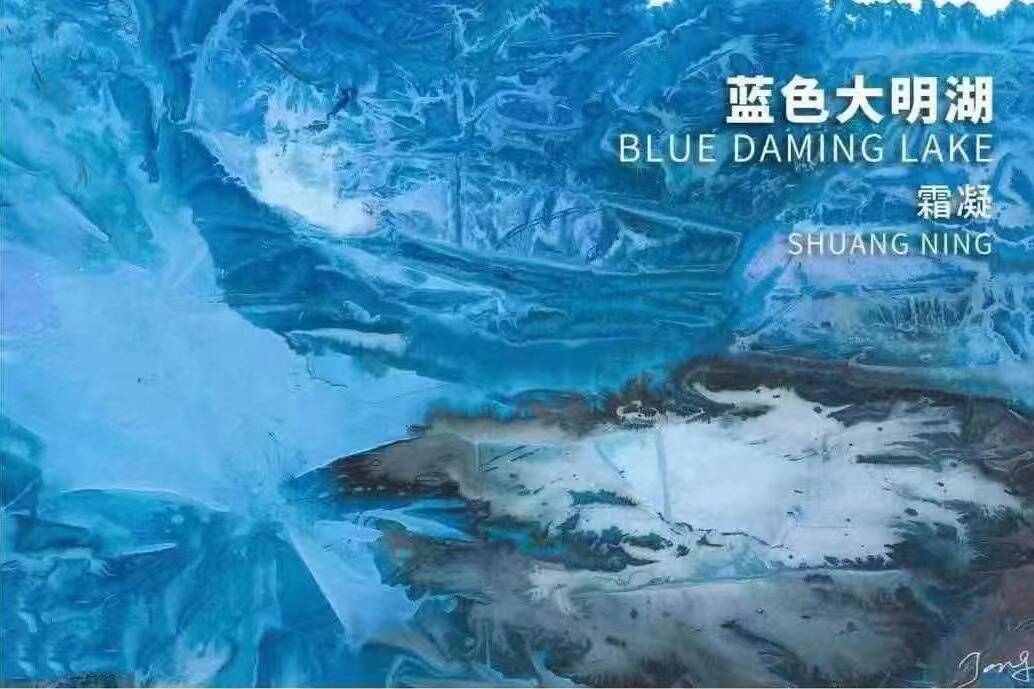
中国T抽象艺术的大美:霜凝《蓝色大明湖》将在纽约时代广场亮相
- [详细]
- 齐鲁网 2022-07-31

“来吧来吧兄弟们 一起为祖国放哨!”这首歌为你而唱!
- [详细]
- 齐鲁网 2022-07-31

济南黄河国际会展中心全面进入装饰装修阶段
- [详细]
- 济南日报 2022-07-31

成立三年带动社会投资超500亿,山东产研院构建起产业创新生态
- [详细]
- 齐鲁壹点 2022-07-31
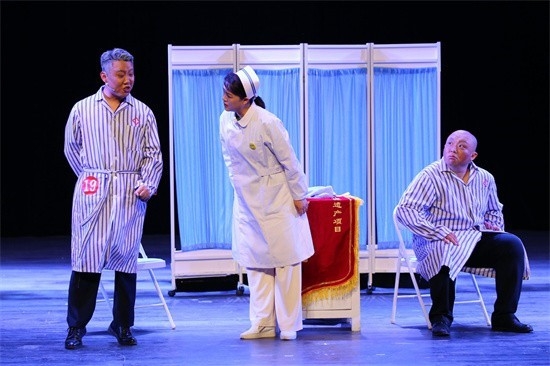
中国曲艺“牡丹奖”提名揭晓 济南曲艺小品《老搭档》榜上有名!
- [详细]
- 齐鲁网 2022-07-30
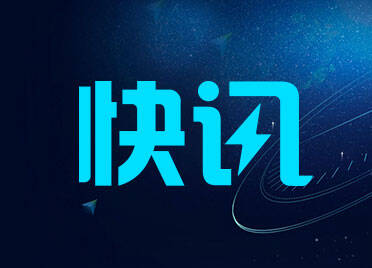
济南发布暴雨黄色预警
- [详细]
- 齐鲁网 2022-07-30

截至16时55分 济南这5处因降雨积水临时交通管制
- [详细]
- 齐鲁网 2022-07-30
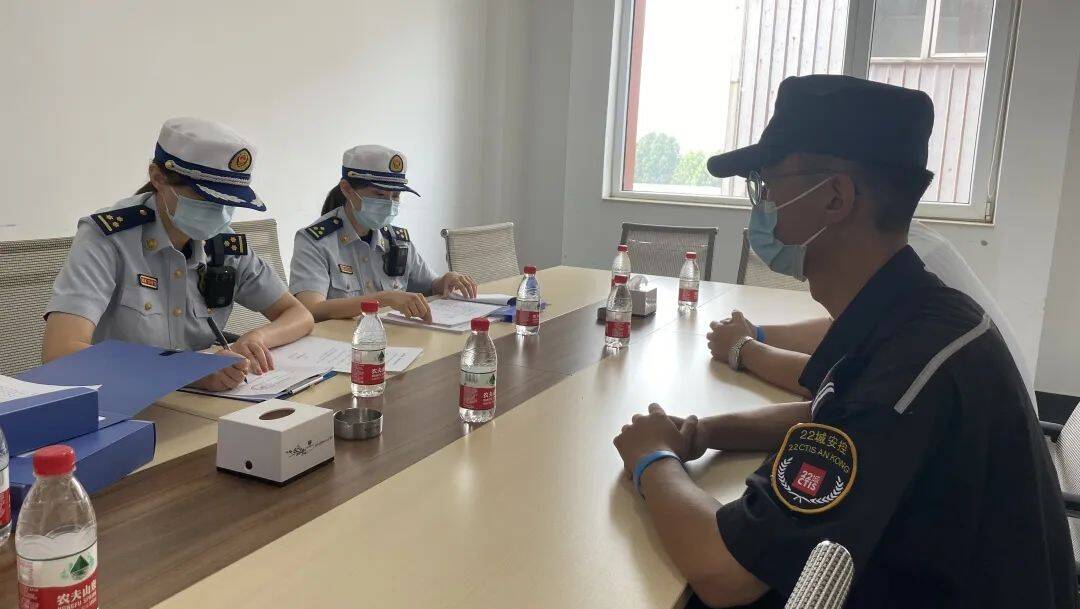
严把企业“安全关”!济南消防开展消防安全大检查
- [详细]
- 齐鲁网 2022-07-30
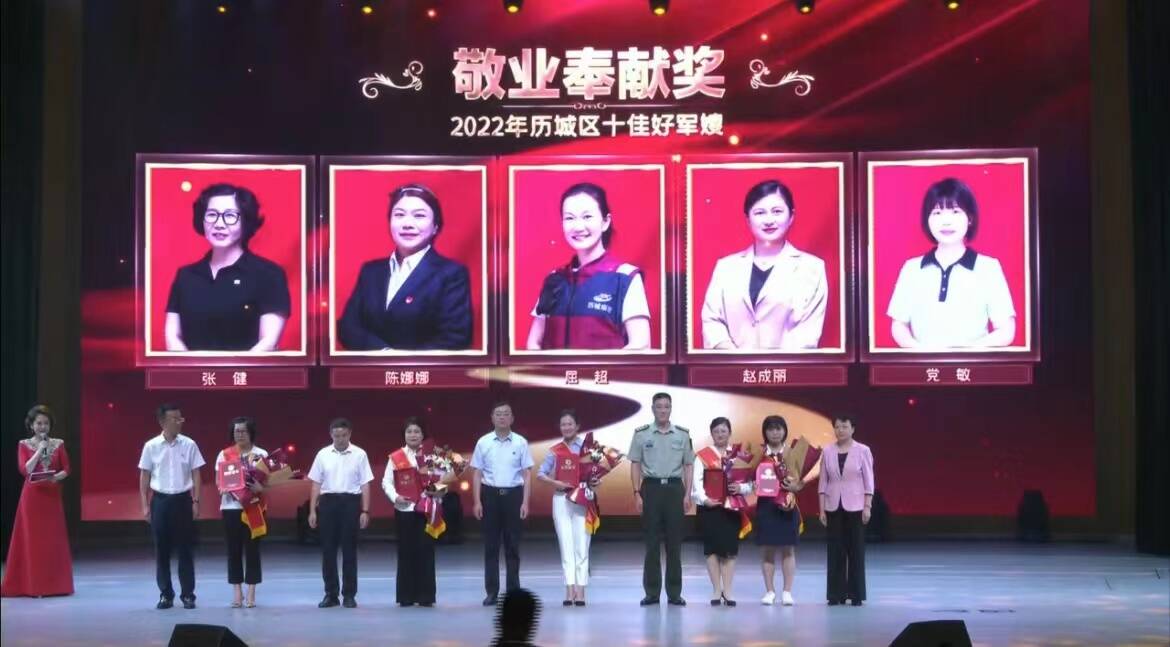
济南市历城区20名“最美退役军人”和10名“十佳好军嫂”获表彰
- [详细]
- 齐鲁网 2022-07-30

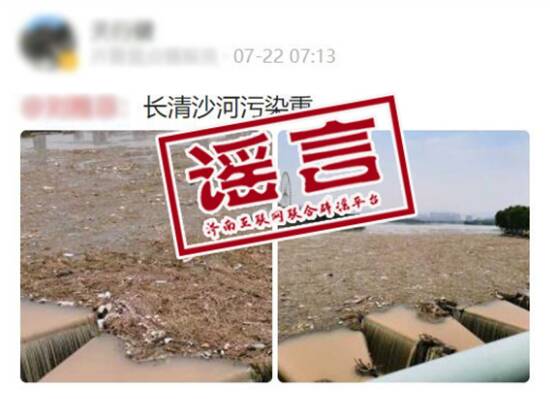

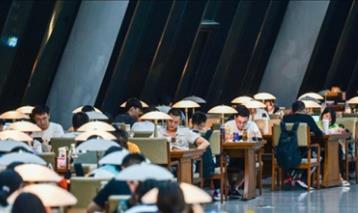

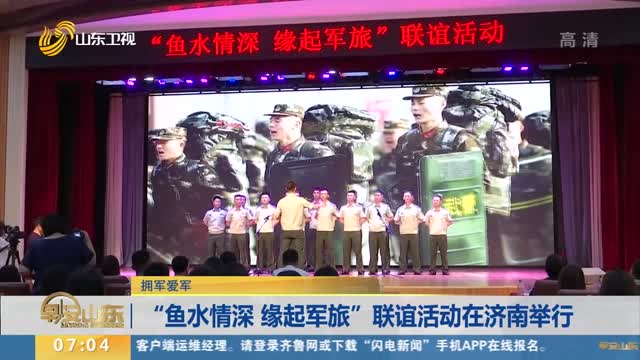

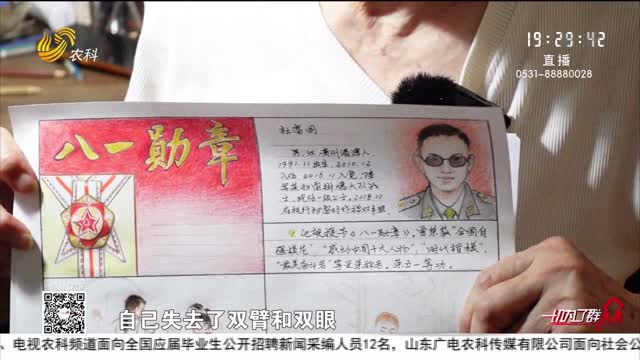
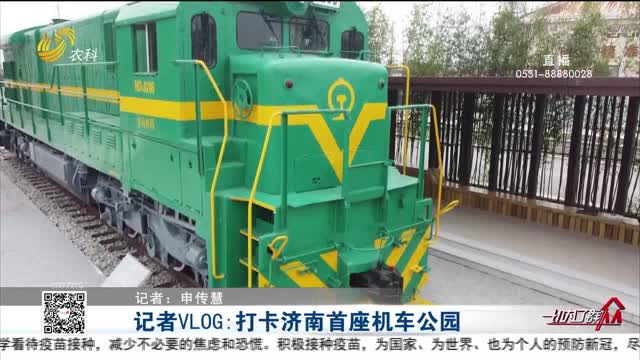
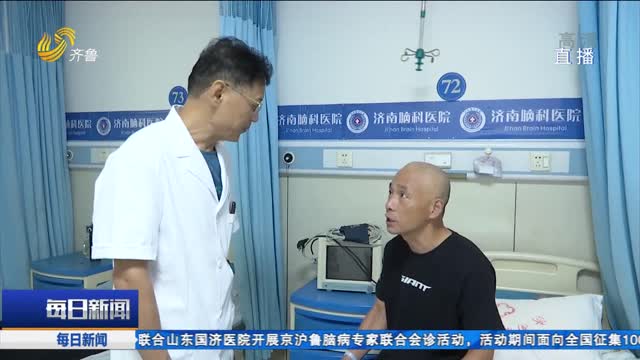

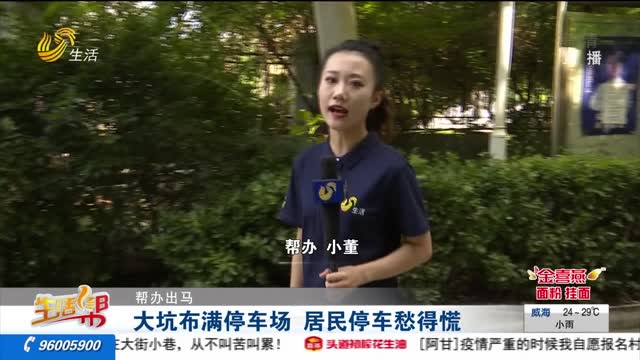
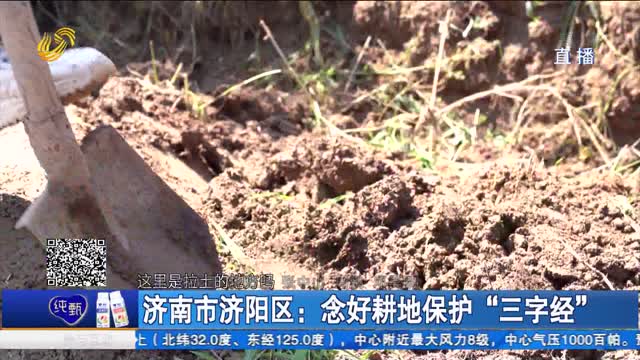
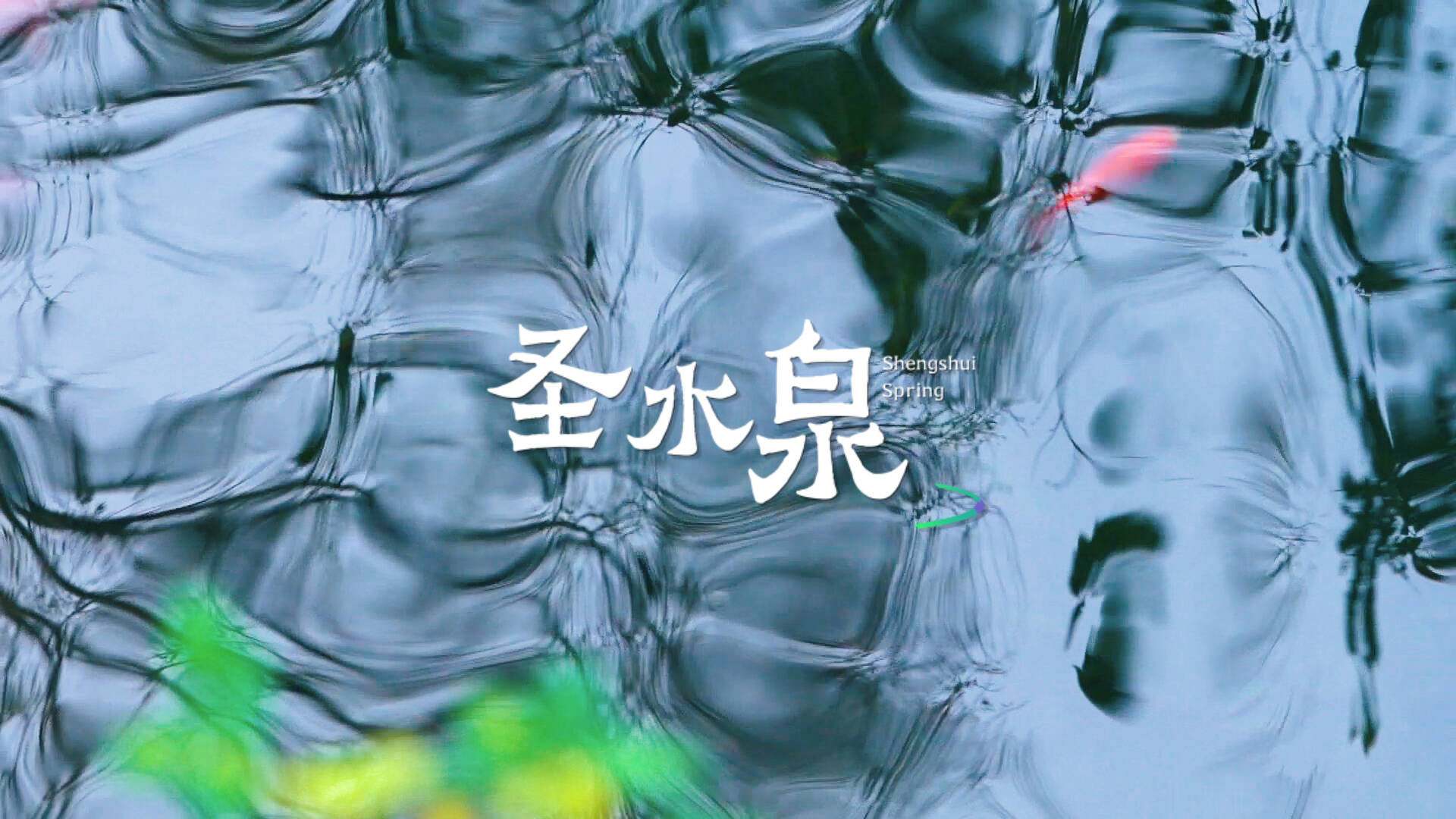

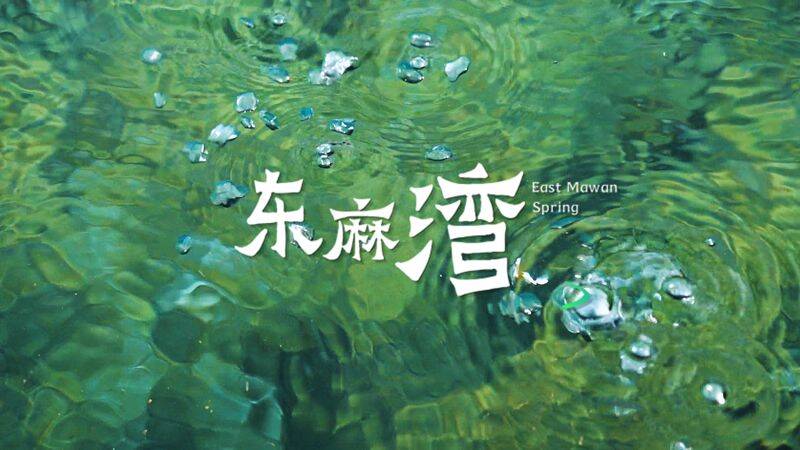
网友评论仅供网友表达个人看法,并不表明齐鲁网同意其观点或证实其描述我来说两句